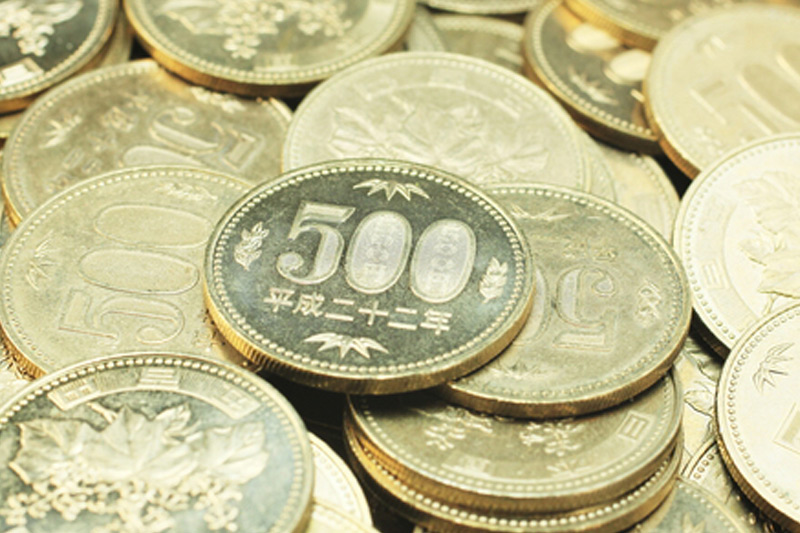Investing.com - The yen and Aussie held weaker in Asia Thursday after the first Federal Reserve rate hike in nearly a decade and trade data out of Tokyo better than expected with little to suggest sharp market reactions in the region.
USD/JPY traded down 0.18% to 122.44, while AUD/USD eased 0.33% to 0.7206. NZD/USD traded at 0.6765, down 0.48%.
In Asia, Japan reported its trade balance for November was a deficit of ¥380.0 billion, narrower than the deficit of ¥446 billion seen. Earlier, New Zealand said third quarter GDP rose 0.9% quarter-on-quarter, a tad better than the 0.8% pace expected.
The U.S. dollar index, which measures the greenback’s strength against a trade-weighted basket of six major currencies, was down 0.03% to 98.38.
Overnight, the Federal Reserve, as expected, voted to raise the target range of its benchmark Federal Funds Rate on Wednesday, ending a zero interest rate policy implemented by the U.S. central bank shortly after the Financial Crisis aimed at rescuing the world's largest economy from arguably its biggest catastrophe in more than 70 years.
In a unanimous decision, the Federal Open Market Committee (FOMC), lifted the Fed Funds Rate by 25 basis points to a range between 0.25 and 0.50%. Before Wednesday's decision, the FOMC had held short-term interest rates at near zero levels for 56 consecutive meetings, a streak which dated back to December, 2008. The Federal Funds Rate is the rate offered by institutions on overnight, interbank loans held at the Fed.
The dollar held gains seen after the release of strong U.S. housing sector data. The U.S. Commerce Department said that housing starts jumped 10.5% to hit 1.173 million units last month from October’s total of 1.062 million units. Analysts had expected a rise 6.6% to 1.135 million. Meanwhile, the number of building permits issued rose by 11.0% to 1.289 million units from October’s total of 1.161 million, easily surpassing market expectations for a decline of 1.0% to 1.150 million units.
A separate report showed that U.S. industrial production decreased 0.6% last month, disappointing expectations for a decline of 0.1 Most investors expect the U.S. central bank to raise interest rates for the first time since June 2006 at the conclusion of its meeting on Wednesday.
